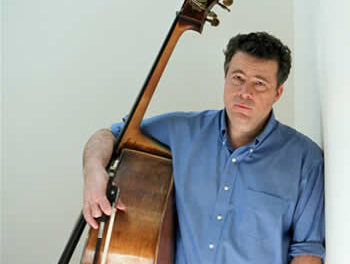Into the world of French harpsichords, gut strings, and antique pianos comes the looper pedal, guitar, and amazing overdubbing: Hiroya Tsukamoto takes the stage at Greenville’s Music House.
Tsukamoto is a genre largely unto himself, and a wonderful genre it is. He told us interesting biographical tidbits and played music to illustrate them. He merged spoken word and song and often emphasized or underlined a comment by strumming his guitar. He also merged past with the present as he recorded segments using his loop pedal, then played them back as he improvised and accompanied himself; he is a very mellow successor to Burl Ives and Richard Dyer-Bennet.
Several of the songs played on this program were from Tsukamoto’s latest CD, Little River Canyon, which is just one of eight albums available on his website.
The concert’s first piece had no name, but was in rondo form and in a major key. Tsukamoto’s playing was sure and precise; he is an impressive and confident soloist.
Several of Tsukamoto’s pieces were inspired by specific locations. “Gemini Bridges (Utah)” was inspired by a visit to this eponymous place, a place Tsukamoto described as scarier in the telling than in the hearing. “Wide Clear Sky” was inspired by a visit to Cortez, Colorado. The repeated murmurings of running water were very carefully matched to each other as Tsukamoto riffed against his own dubbing. The town of Swannanoa, North Carolina, inspired the poignant “Morning Tide Will Bring Another Day.”
“How Time Like Water Flows” can almost be imagined from the name, but it is not possible to imagine the artful overdubbing that made the piece so beautiful. When Tsukamoto sang his Okinawan folk song, he admitted that he did not have the most perfect grasp of the Okinawan dialect, but it sounded perfect to me, and “No Matter How Far” had the most of Tsukamoto’s quirky individualistic harmonizations.
Tsukamoto explained that the name of the piece “Takibi” means bonfire. The gentle lilting melody in the beginning became a raging fire through overdubbing. The driving finale, which Tsukamoto spelled “Habanuk,” refers to the giant stone spirit Hobbomock, the Sleeping Giant of Native American legend near Hamden, Connecticut. Tsukamoto’s vigorous playing had the Music House audience on their feet with loud applause. In response, Tsukamoto played and sang the Scottish folk song “The Water Is Wide” to conclude the concert.












